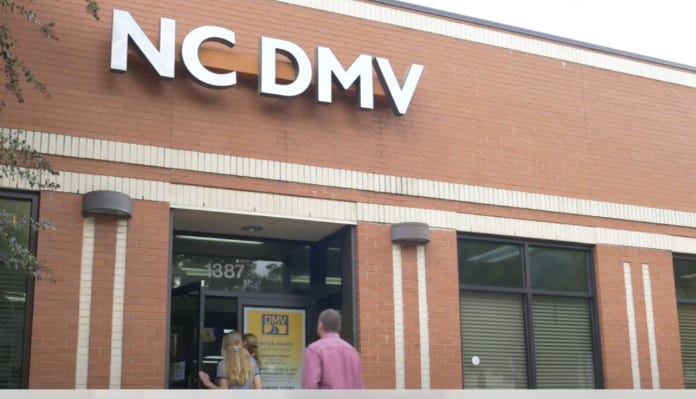Governor Stein’s Budget: Focus on Fiscal Responsibility and Government Efficiency
Plan includes creation of the IMPACT Center (Innovation and Modernization for Performance, Accountability, and Cost-Effective Transformation), backed by a $20 million one-time investment.
Holly Springs, NC, Mar. 31, 2025 — In his 2025–27 Recommended Budget, Governor Josh Stein puts forward a strategic plan to safeguard North Carolina’s long-term fiscal health while modernizing state government operations. The proposal focuses on preserving revenue, preparing for emergencies, and upgrading technology and efficiency across state agencies.
Keeping Revenues Stable
The budget halts scheduled tax rate reductions, holding the individual income tax rate at 4.25% and the corporate income tax rate at 2.25%—currently the lowest among states that levy this tax. By doing so, the plan is expected to generate an additional $1.4 billion in fiscal year 2026–27, growing to $3.9 billion by 2028–29.
According to the budget document, this move ensures the state can “maintain essential services while investing in policies to support working families and promote economic growth.” It also eliminates automatic tax triggers, allowing future tax changes to be made in real time based on economic realities, rather than a preset schedule.
Setting Aside Emergency Funds
The budget allocates $500 million to the State Emergency Response and Disaster Relief Fund in preparation for natural disasters, funding gaps, or other emergencies. It also gives the State Budget Director the authority to use the Federal Match Reserve to cover salaries or contracts that would otherwise go unfunded if federal dollars are delayed.
“These precautions,” the proposal notes, “are necessary to plan for federal funding uncertainties” and to help ensure continued operations during fiscal disruption.
Launching the IMPACT Center
One of the plan's most ambitious components is the creation of the IMPACT Center (Innovation and Modernization for Performance, Accountability, and Cost-Effective Transformation), backed by a $20 million one-time investment. The center will support projects that use data analytics, AI, and evidence-based strategies to improve service delivery and eliminate inefficiencies.
“These projects will eliminate waste, fraud, and abuse while maintaining or improving service quality,” the budget states.
Upgrading State Services and Technology
The budget invests in infrastructure and service delivery through a series of targeted upgrades:
The Division of Motor Vehicles will receive funding for new positions, expanded offices, and technology improvements to reduce wait times and enhance customer service.
The Ferry Division will see modernization of the Manns Harbor Shipyard to improve operations and service reliability.
Statewide IT systems will be overhauled, including upgrades to the budget and banking systems, HR software, environmental permitting platforms, and election-related cybersecurity protections.
Improving Fiscal Oversight
The proposal recommends adding fiscal analysts, grant managers, and data specialists at several agencies to strengthen financial governance further. These positions are intended to enhance oversight and stewardship of taxpayer dollars and ensure agencies are well-positioned to manage increasingly complex operations and federal funding streams.
Summary
Governor Stein’s budget carefully balances fiscal discipline and operational modernization. By maintaining substantial revenues, building emergency reserves, and investing in government performance, the plan is designed to keep North Carolina’s finances resilient while improving the effectiveness of public services.

